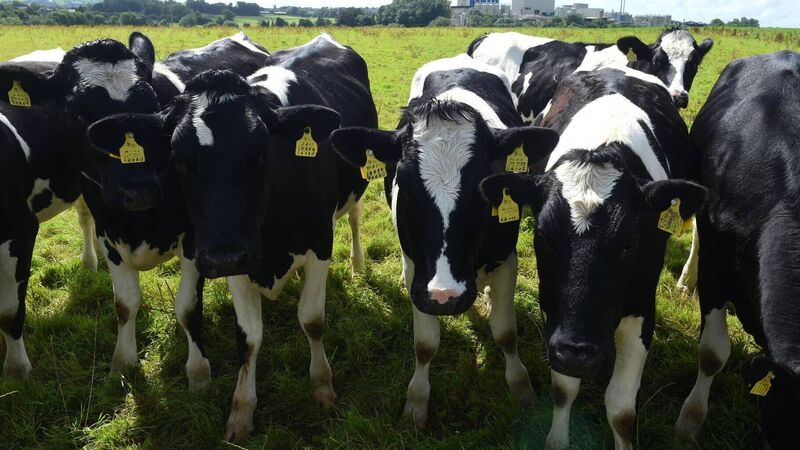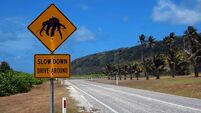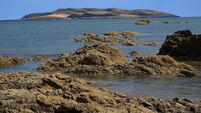John Gibbons: The lie of the land — adapt or die

John Gibbons: "Ireland's dramatic shift towards the most polluting food sectors — driven by a small number of agribusiness giants and facilitated by the State — benefits the few while imposing huge costs on the many." Picture: Larry Cummins
As the world heats up, species are migrating away from the tropics and towards cooler climes. But for many species, the climate is changing far more quickly than they are capable of adapting to.
Humans are, of course, among the species being uprooted. In 2022, a record 32.6 million people were forcibly displaced as a result of floods, storms, wildfires and droughts. The Institute for Economics & Peace calculates that by 2050, upwards of a billion people will be climate refugees, driven from their homelands by environmental breakdown and the civil unrest and armed conflict it will trigger.
CLIMATE & SUSTAINABILITY HUB








![<p> The International Union for the Conservation of Nature says that “an ecosystem is collapsed when it is virtually certain that its defining biotic [living] or abiotic [non-living] features are lost from all occurrences, and the characteristic native biota are no longer sustained”.</p> <p> The International Union for the Conservation of Nature says that “an ecosystem is collapsed when it is virtually certain that its defining biotic [living] or abiotic [non-living] features are lost from all occurrences, and the characteristic native biota are no longer sustained”.</p>](/cms_media/module_img/9930/4965053_13_augmentedSearch_iStock-1405109268.jpg)